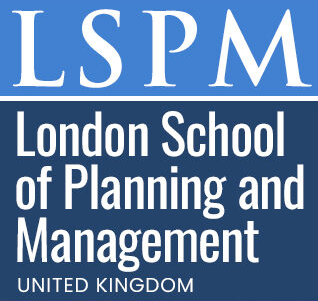Advanced Certificate in Legal Formalism and Legal Pragmatism
Published on June 28, 2025
About this Podcast
HOST: Welcome to our podcast, today I'm excited to have Dr. Smith, an expert in legal philosophy and the instructor of the new Advanced Certificate in Legal Formalism and Legal Pragmatism. Welcome, Dr. Smith! GUEST: Thank you for having me. I'm looking forward to our discussion. HOST: To start, can you tell us about your personal experiences and insights related to legal formalism and legal pragmatism? GUEST: Of course. I've spent over two decades studying and teaching these two dominant legal philosophies. Legal formalism tends to follow clear, consistent rules, while legal pragmatism focuses on practical outcomes and consequences. HOST: Fascinating. How do current industry trends relate to this course? GUEST: Today, legal professionals need to be adaptable and critical thinkers. This course helps them understand contrasting approaches to legal reasoning, which is essential in our rapidly changing world. HOST: That's true. And what challenges have you faced in teaching this subject to students and professionals? GUEST: The main challenge is helping students grasp the complexities of legal reasoning and critical thinking. However, once they understand the foundations of both philosophies, they can apply them effectively in real-world scenarios. HOST: How do you address those challenges in your course? GUEST: We use case studies, group discussions, and practical exercises to reinforce concepts and encourage students to analyze complex legal scenarios from different perspectives. HOST: That sounds very engaging. Lastly, what are your thoughts on the future of legal formalism and legal pragmatism? GUEST: As the legal landscape evolves, I believe both philosophies will continue to play significant roles. Legal formalism provides stability and predictability, while legal pragmatism fosters innovation and flexibility. HOST: Thank you, Dr. Smith, for sharing your insights about the Advanced Certificate in Legal Formalism and Legal Pragmatism. It's clear that this course will be invaluable for legal professionals, academics, and students seeking advanced legal theory understanding. GUEST: My pleasure. Thanks for having me.
